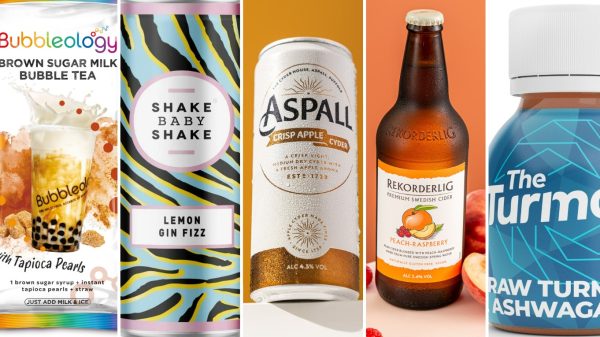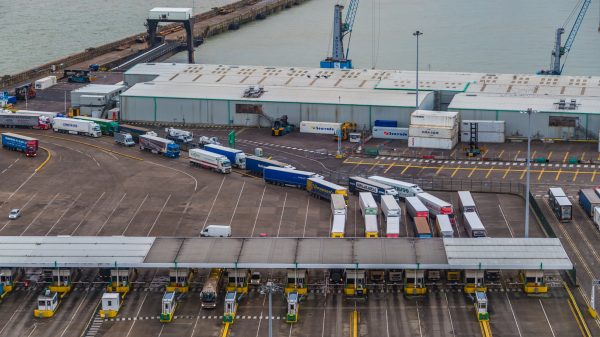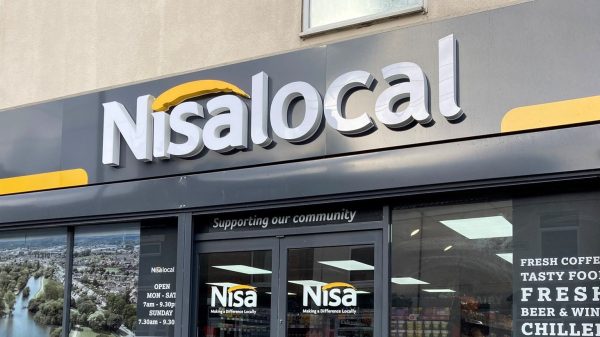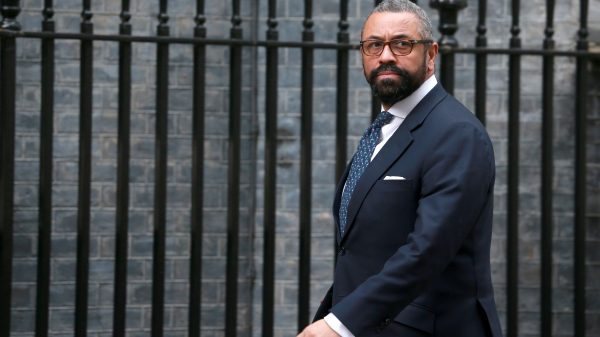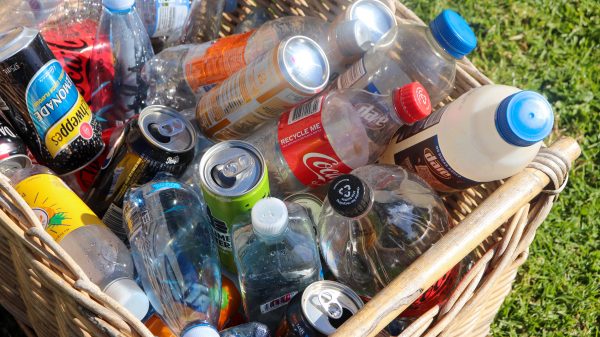Earlier this week, the British food industry held an investor summit calling for government action to transform the way grocery sector grows, manufactures and eats food.
Organised by The Food Foundation, the summit aimed to kickstart discussions about how to tackle Britain’s public health crisis and minimise the amount of pollutants and greenhouse gas emissions (GSG) in the atmosphere.
However, perhaps the most notable company involved was Iceland, which delivered a strong message from the company’s executive chairman, Richard Walker: “To achieve societal change, we need to get the whole food industry working together under a strong, clear and consistent government lead.”
While Richard Walker wasn’t able to be present at the event, his keynote speech was delivered by the supermarket chain’s head of product and process, Stuart Lendrum.
“When governments do intervene, their actions need to be well thought-through and well-implemented, encouraging consumers to make a positive change to their eating habits rather than just hitting people in their pockets.”
The summit revealed that investors are increasingly concerned about the harsh impacts of the food system, which is one of the biggest contributors to greenhouse gas emissions. The National Food Strategy stresses that diet, food production and farming methods must change if Britain is to meet its 2030 targets to combat global warming.
So, how exactly is Iceland managing its ESG goals? And can it continue offering good value to consumers while profits margins continue to be squeezed amid rising energy costs?
Subscribe to Grocery Gazette for free
Sign up here to get the latest grocery and food news each morning
Iceland’s position in the UK food system
While Iceland isn’t exactly a small business, with a turnover of around £4 billion in 2022, the supermarket has only a narrow slice of the whole UK grocery market – just 2.5%. And in a global context, that share is absolutely tiny.
Nevertheless, it is keen to take disruptive action, setting ambitious environmental goals and committing to running a responsible, sustainable business. However, the ongoing financial crisis and supply chain pressures have meant that some of the retailer’s plans – such as being plastic-neutral by the end of 2022 – missed their mark.
“I’m gutted that we won’t be plastic neutral this year,” Walker said in a blog post last summer.
“Although we won’t achieve our original target… I am confident that we are making progress and will move further ahead on our journey as we continue to work towards our unchanged plastic-free goal.”
Despite being know for its lower prices and attention-grabbing value offerings, Iceland has also been vulnerable to the ongoing economic crisis over the last year, as it strives to balance its sustainability goals against soaring costs and a desire to keep prices low.
Just recently, Iceland was named the UK supermarket with the fastest rising prices, recording a 10.1% increase since January 2022.
The frozen goods retailer even had its cover pulled from a leading credit insurer as the jump in energy costs piled on financial pressure. It is unusual for credit insurers to target grocery retailers, but Iceland’s heavy reliance on large chest freezers means it is disproportionatly unprotected from rising energy prices.
Despite this, an Iceland spokesperson said that supermarket is “incredibly well positioned” – although its suppliers are being temporarily cut from accessing credit insurance cover.
However, just this morning, the supermarket recorded a “better than expected” performance guidance, improving its prospect for a £750m refinancing.
The retailer reported revenues just short of £3bn in the nine months to December 2022, a 5.6% increase on the same period the previous year – with the growth helping Iceland boost its share of the frozen grocery market to 19% (Tesco has 21%).
Looking beyond the very real pressures of the current cost-of-living crisis at present, Richard Walker’s keynote speech – which was delivered by head of product and process Stuart Lendrum – stressed that humanity needs to recognise the sector’s direct responsibility for global warming, given that wasted food accounts for 26% of all greenhouse gas emissions.
The speech went on to say that decisive government action is necessary to “stimulate the technological innovation that will enable these goals to be met,” adding that there needs to be a “similar willingness to set parameters for the food industry to shift consumer behaviour towards more sustainable solutions.”
While middle class commentators may often look down on Iceland, Walker says there is a lot of potential of frozen food to contribute towards healthy eating, limited budgets and reducing waste.
The frozen food retailer has responded to the cost-of-living crisis in multiple ways, including freezing the prices of £1 value lines for a year – at very significant cost to the business – and giving away tonnes of free vegetables, as part of the Healthy Start scheme.
ESG and supply chain goals
“We have always tried to work closely with suppliers. It’s about a partnership and a collaboration as opposed to trying to tell people what to do,” Lendrum told Grocery Gazette after the event.
“We’re more conscious of that than ever, just because we see the fragility and the challenges faced by our suppliers on a day-to-day basis,” Lendrum said. He added that labour and supply chain capacity issues are more apparent today than ever, and they have not recovered post-Covid.
“During Covid, we were all proud to be part of a supply chain that reacted well and showed that it had the capacity to deal with an incredulous challenge. But coming out of that, we are becoming less resilient every year,” he added.
Speaking on the supermarket’s energy-use and efficiency, Lendrum noted that Iceland has invested lots into how they operate to reduce costs: “It’s often a lot of mundane small tweaks that all add up. Like turning down the lights or tweaking the temperature of freezers.
“Sustainability is everybody’s job. In a situation like this, in addressing costs and efficiency across the business, it becomes quite easy as everybody understands it and sees their role within it. Somewhere along the way, what comes into the business is less than what goes out in terms of cost increases, and that is the challenge.”
He added: “We don’t want to pass costs on to the consumer. So, we’re trying to engineer and filter out those costs as much as we can.”
As for the biggest challenge facing the entire UK grocery sector, Stuart Lendrum said that poorly designed legislation is a huge obstacle to achieving their long-term ESG goals. He commented: “Right now, the biggest challenge is dealing with the things that could be done better. We’ve got layers of poorly designed legislation coming through in the short term.
“And that’s because we have let ourselves down collectively, not just as retailers, but as a broader food sector. Our engagement with government could be better, and that’s hard to stomach from Iceland’s point of view. The real challenge is due to engagement with business, and ensuring the government fully understands the situation.”
The frozen food retailer is in full support of recent HFSS and Extended Producer Responsibility (EPR) regulation. It is also in favour of the proposed DRS scheme to be put in place by 2025, but it seems that, perhaps unsurprisingly, not enough action has been taken by the government yet.
Stuart Lendrum concluded: “It’s about if government can work closely with business, then we can design and implement good policies that deliver the vision in the most cost-effective way possible.”

